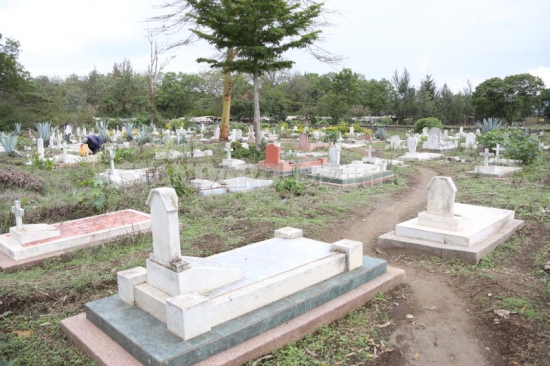×
The Standard e-Paper
Smart Minds Choose Us

Nakuru County has run out of space to bury the dead. Subsequently the County Executive in-charge of Health, Dr Mungai Kabii, has declared the North and South cemeteries full though a notice issued on June 2. Similar notices have been issued for the public cemeteries in Naivasha and Molo sub-counties.
Kabii issued the notice in accordance to the Public Health Act which authorises his office to shut down cemeteries that are full and impose a Sh1,500 fine on those who continue to bury the dead in these graveyards.